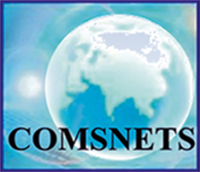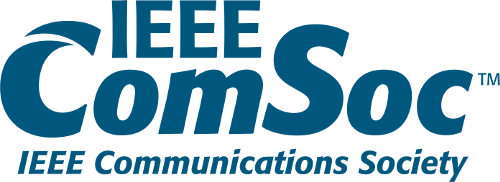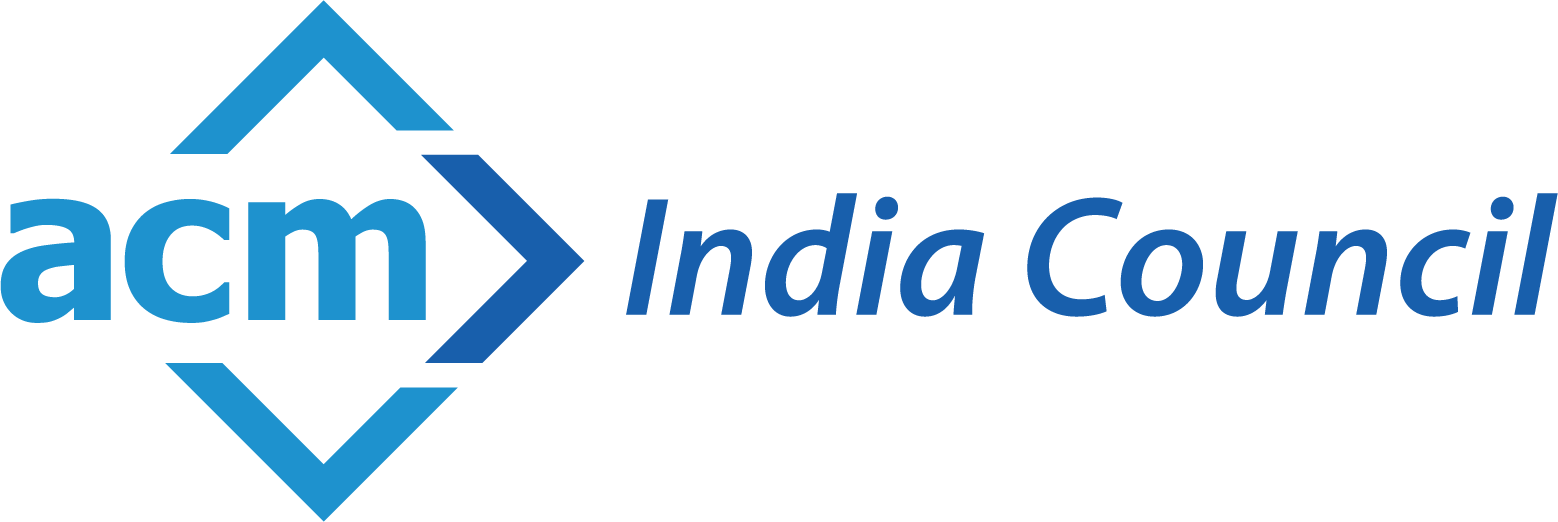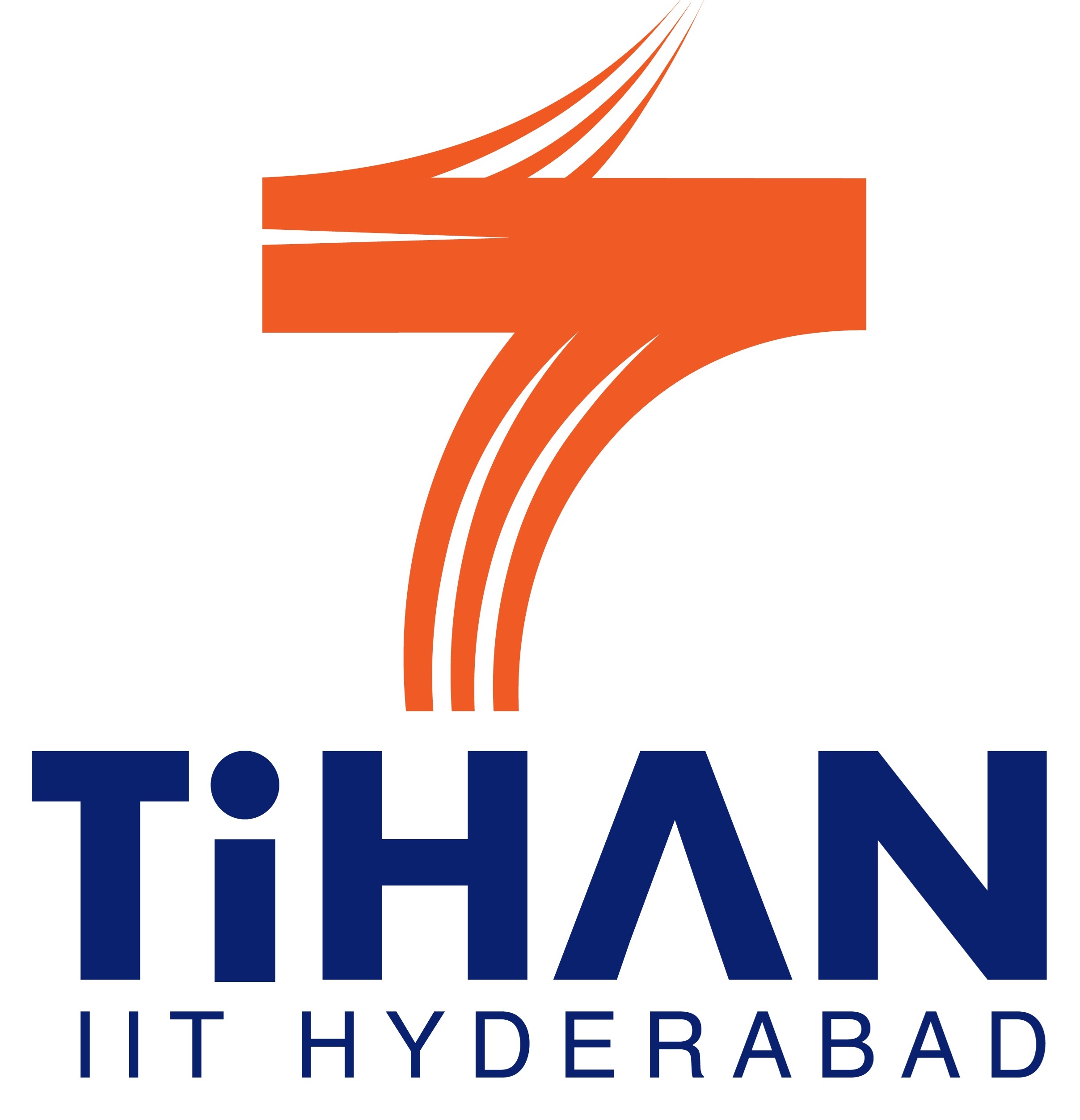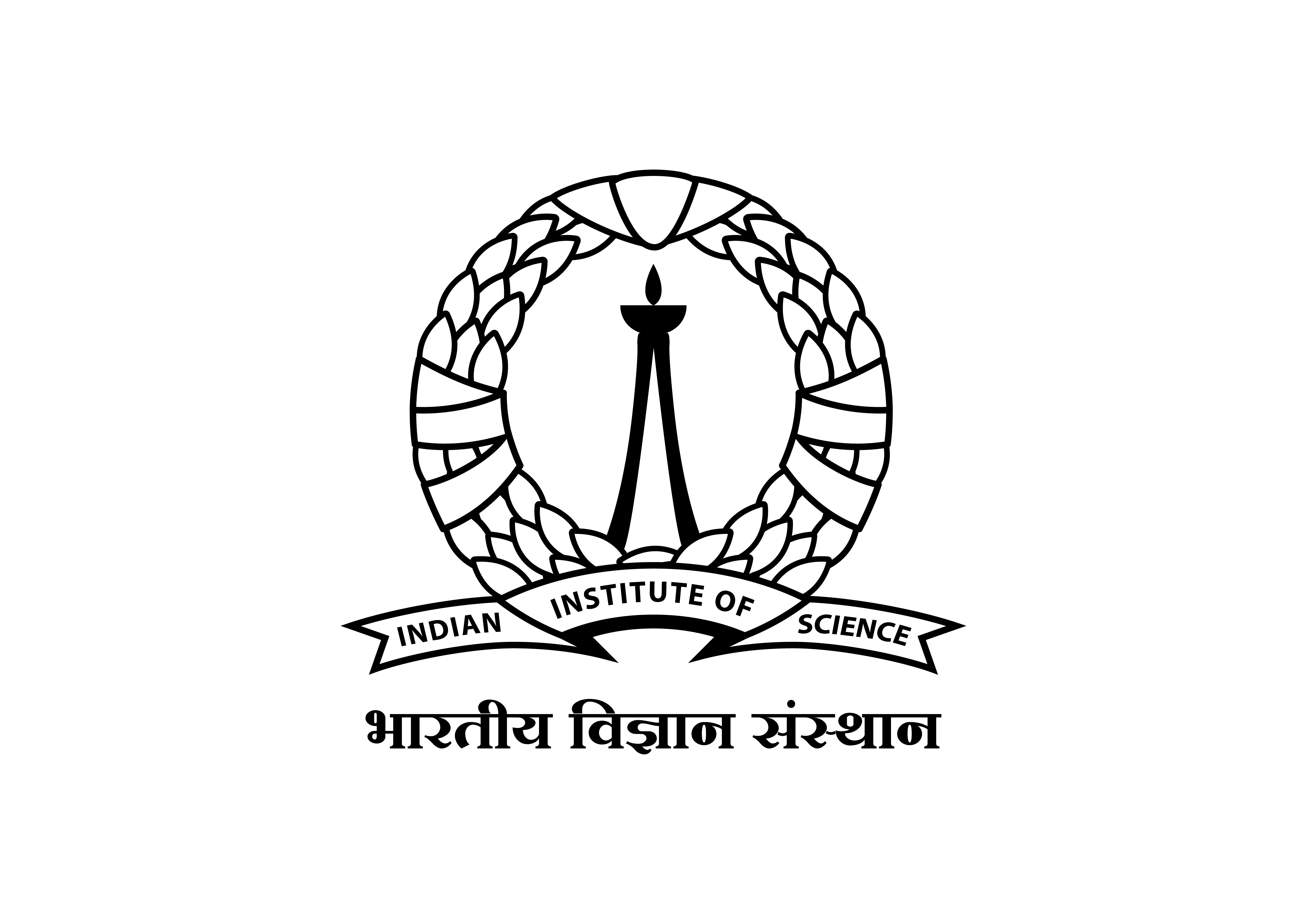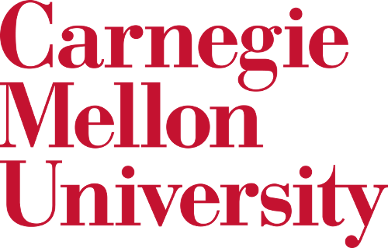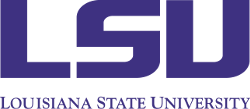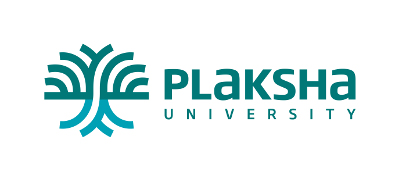Workshop on Standards-driven Research
Schedule
| Sunday, 7 January 2024 | ||
| Venue: Sigma 1 | ||
| Time | Title | Speaker/Authors |
| 08:45-09:05 | Registration | |
| 09:05-09:10 | Welcome Remarks |
Satish K (Nokia India) |
| 09:10-10:00 | Keynote Talk: Transforming Research Concepts into Commercial Success: A Journey through Standards |
Kiran Kuchi (IIT Hyderabad) |
| 10:00-10:40 | Keynote Talk: How to mess up a standardization opportunity? |
Vishnu Ram OV (TSDSI) |
| 10:40-11:00 | Paper 1: A Framework for Design of Portable and Scalable Physical Layer in O-RAN | Makarand Kulkarni; Pramit Biswas; Parag Naik; Anindya Saha |
| 11:00-11:30 | Tea break | |
| 11:30-12:30 | Keynote Talk: Network Simulation of WiFi 6/7 using ns-3 |
Sumit Roy (University of Washington, USA) |
| 12:30-12:50 | Paper 2: Parity Check Coded Super-MAC for reliability enhancements in Next-Generation Networks | Abdul Mateen Ahmed; Aaqib Patel; Mohammed Zafar Ali Khan |
| 12:50-13:10 | Paper 3: Green 6G: Energy Awareness in Design | Rashmi Kamran; Shwetha Kiran; Pranav Jha; Prasanna Chaporkar |
| 13:10-14:00 | Lunch Break | |
| 14:00-14:40 | Keynote Talk: Democratising Technology using Open Source and Open Standards |
Pamela Kumar (FSID, IISc) |
| 14:40-15:00 | Paper 4: Evolution of NGN Control Plane for Future Telecommunications Networks | Rashmi Yadav; Rashmi Kamran; Pranav Jha; Shwetha Kiran; Abhay Karandikar |
| 15:00-15:20 | Paper 5: Hybrid Clarke's Models for Fixed Wireless Deployments in Beyond-5G Systems | Vivek Chaudhary; Roshan S Sam; Abhinaba Dey; Sreenath Ramanath |
| 15:20-15:40 | Paper 6: Standardization aspects of Caching and Coded Delivery in MEC integrated 5G system | Lalhruaizela Chhangte; Ashish Singh Patel |
| 15:40-16:00 | Tea Break | |
| 16:00-16:50 | Keynote Talk: Decoding the 5G NR Radio specifications |
Subhas Mondal (HFCL Limited) |
| 16:50-17:30 | Panel discussion: How to leverage Standards Driven Research in global standards forums | Moderator: Satish K (Nokia India)
Panelists:
|
| 17:30-17:35 | Closing Remarks |
Satish K (Nokia India) / Dhiman Saha (IIT Bhilai) |
Accepted Papers
- A Framework for Design of Portable and Scalable Physical Layer in O-RAN
Mr. Makarand Kulkarni Dr. Pramit Biswas Mr. Parag Naik Mr. Anindya Saha - Parity Check Coded Super-MAC for reliability enhancements in Next-Generation Networks
Dr. Abdul Mateen Ahmed Dr. Aaqib Patel Prof. Mohammed Zafar Ali Khan - Green 6G: Energy Awareness in Design
Mrs. Rashmi Kamran Ms. Shwetha Kiran Mr. Pranav Jha Prof. Prasanna Chaporkar - Evolution of NGN Control Plane for Future Telecommunications Networks
Ms. Rashmi Yadav Dr. Rashmi Kamran Mr. Pranav Jha Ms. Shwetha Kiran Prof. Abhay Karandikar -
Hybrid Clarke's Models for Fixed Wireless Deployments in Beyond-5G Systems
Mr. Vivek Chaudhary Ms. Roshan S Sam Dr. Abhinaba Dey Dr. Sreenath Ramanath - Standardization aspects of Caching and Coded Delivery in MEC integrated 5G system
Dr. Lalhruaizela Chhangte Dr. Ashish Singh Patel - Fiber To The Room Challenges and Opportunities
Dr. Andrea Marotta Dr. Luca Valcarenghi Dr. Koteswararao Kondepu Dr. Carlo Centofanti Dr. Claudia Rinaldi Dr. Fabio Graziosi Prof. Dajana Cassioli - Exploiting the Viability of Antenna Arrays for Multi-band FR2 Base-Station Massive MIMO Systems
Dr. Amar Dattatray Chaudhari Dr. Soumava Mukherjee
Important Dates
| Paper Submission deadline: |
| Notification of Acceptance: 3rd December 2023 |
| Camera-ready Submission: 10th December 2023 |
| Workshop Date:: 7th January 2024 |
Paper submission link: https://edas.info/N31570
Background
Standards are technical specifications that are required for any technology to be successfully deployed and for its widespread use as standards allow interoperability and global harmonization of technologies. Standards enable multiple players to design their own products while adhering to the broad definitions of how products should behave.
The standardization process involves several years of deep research and technical discussions among various parties to ensure a technically sound description is defined as a specification. It is important that research in institutes and organizations are put to practical use especially when new generation of technology standards are evolving as is the case with 6G wireless technologies and some efforts to develop standards for wide spread use of AI. Institutions across the world are now motivating researchers to focus on innovations that can be practiced and converted into end products. It is also very critical for wider participation from across geographic entities towards global standards effort as this leads to better globally harmonized standards and a fair IPR spread.
With the emergence of AI and concerns around cyber security, regulatory bodies across the globe are now drafting frameworks whereby manufacturers are obliged to provide conformity requirements on accuracy, robustness, and cybersecurity. Regulatory bodies are insisting on operationalizing some of the mandatory requirements across areas such as AI, cyber security through harmonised technical standards in order to bring about conformity, reduce cost and reduce uncertainty. The goal of this workshop is to foster a better understanding of the advantages that standards can bring about in different areas such as AI, Communications, Cloud interoperability etc. It also lays emphasis on the role of evaluation methodologies and models used in the standardization process, that becomes the framework to compare performance across different proposals and how it can be leveraged by researchers while investigating new techniques and algorithms.
Rationale
There is a continuous effort put into the evolution of networks and systems to remain in pace with the need. Every few years, there are transformative research happening in these fields, which find their way into commercial systems in a few years further. A continuous effort is also necessary for the development of internationally harmonized standards development, so that such innovation become useful. International Standards mean that consumers can have confidence that their products are safe, reliable and of good quality. Regulators and governments count on standards bodies like the ISO, ITU, 3GPP, IEEE, ETSI, etc. to help develop better regulation, knowing they have a sound basis thanks to the involvement of globally established experts.
There are many contradictory views about importance of standards in research and innovation. Research & innovation motivates standardization, and standardization of solutions require further research & innovation, thereby keeping this vicious cycle active. The purpose of this workshop is to bring together innovative minds researching in networking and communication systems to connect and exchange ideas on topics that involve standardized solutions.
Topics of interest include, but are not strictly limited to:
- Machine learning and artificial intelligence for 6G
- Standards to enable Federated Learning for decentralized Machine Learning and knowledge exchange.
- 6th Generation wireless Standards, what should 6G networks look like
- Openness for Radio Access Network design for 6G
- New network architectures for 6G such as composable networks etc
- Next generation standards for cyber security and cyber physical systems.
- Evaluation methodologies and models for validating new use cases.
- Testbeds/Experimental setups for Standardization activities.
Submission Guidelines
- The Standards-Driven Research Workshop invites submission of original work, not previously published or under review at another conference/journal.
- Submissions (including title, author list, abstract, all figures, tables, and references) must be no greater than 4 pages in length. A minimum number of 3 pages are required.
- Reviews will be double-blind: authors names and affiliations should not be included in the submission.
- Submissions must follow the formatting guidelines as given on IEEE Website; and those that do not meet the size and formatting requirements will not be reviewed.
- All papers must be in Adobe Portable Document Format (PDF) and submitted on EDAS using the aforementioned submission link.
- All workshop papers (full papers - both regular and invited) will appear in conference proceedings and be submitted to IEEE Xplore as well as other Abstracting and Indexing (A&I) databases.
- Each paper will be 3-4 pages long and will be presented as a poster during the workshop.
Keynote Speakers
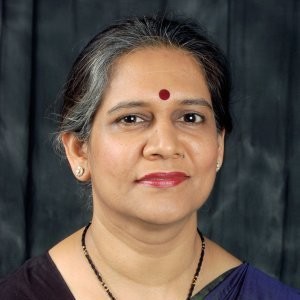
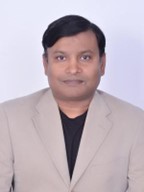
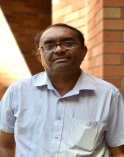
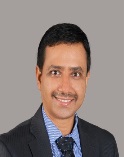
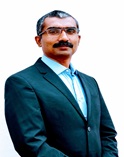
Panelists

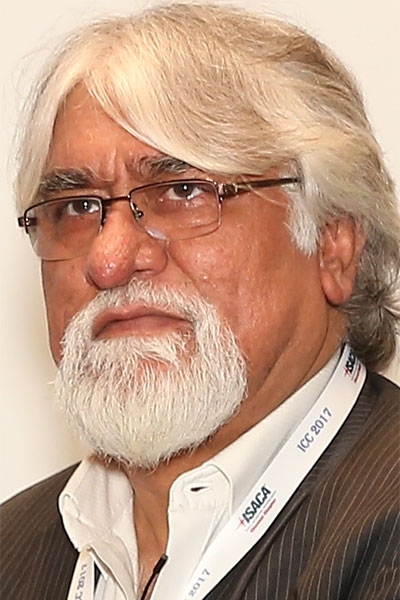
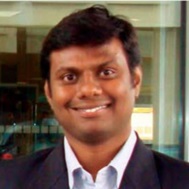
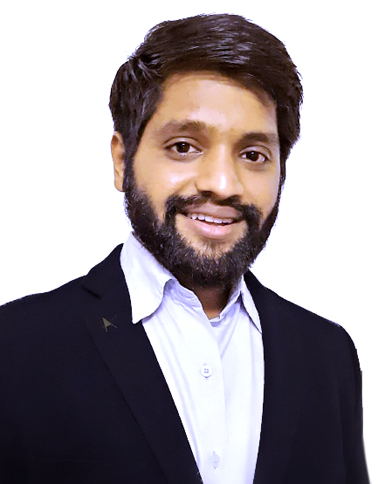
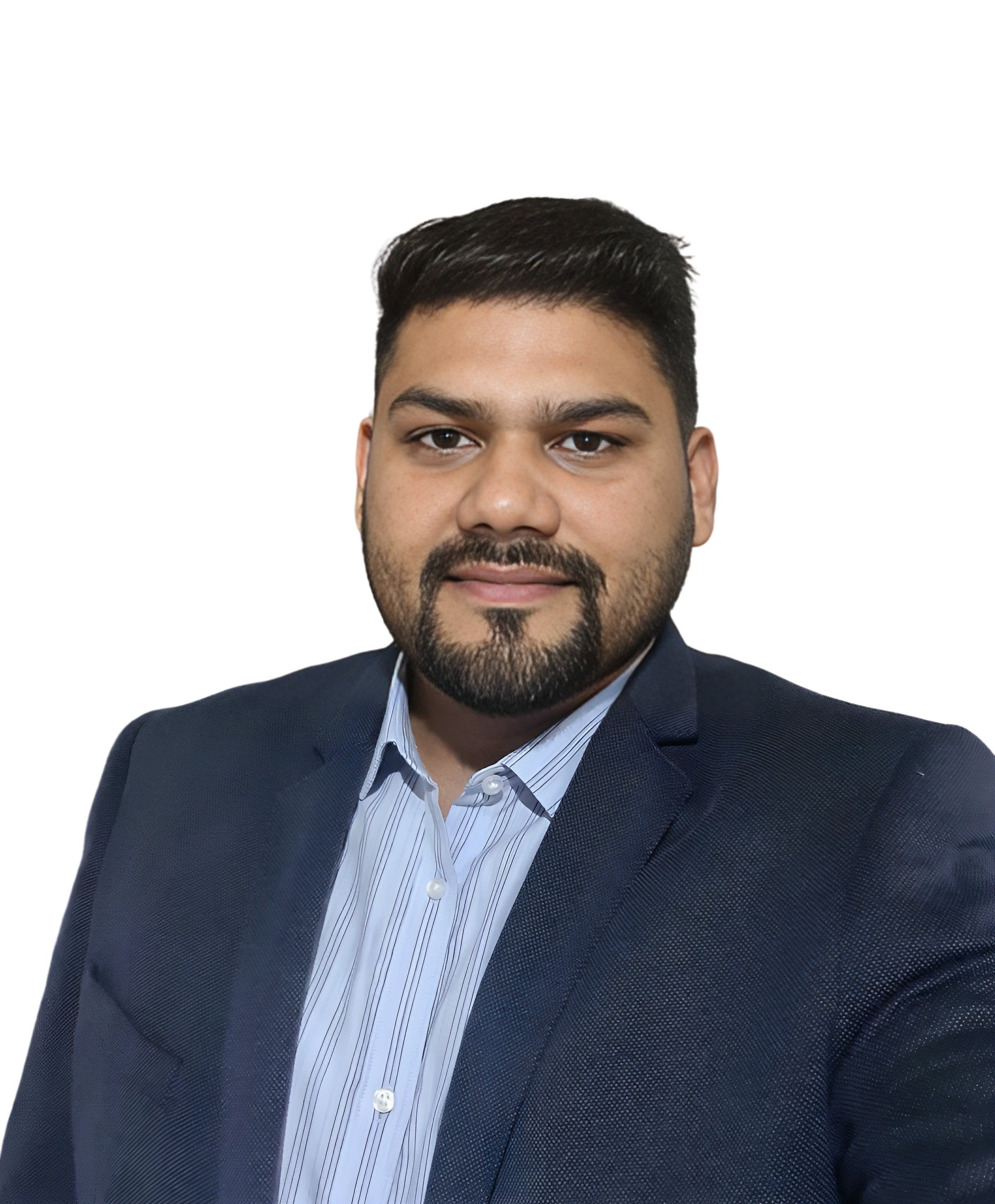
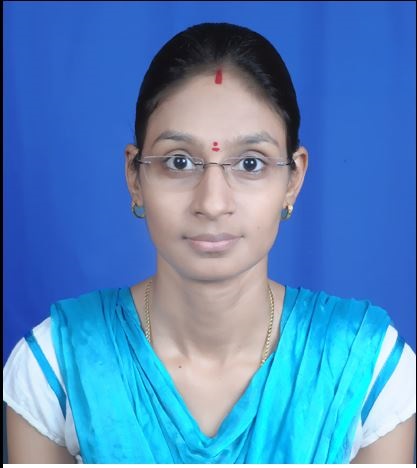
Moderator
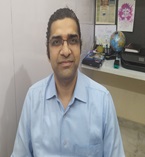
Program Committee:
- Pranav Jha , IIT Bombay
- Soumava Mukherjee , IIT Jodhpur
- Ashish Patel , NIT Mizoram
- Ekant Sharma , IIT Roorkee
- Syed Zafaruddin , BITS Pilani
- Venkatesh Siva Santosh Ganji, Texas A&M University
Workshop Co-Chairs

Arzad Alam Kherani
Indian Institute of Technology
Bhilai, India

Satish K
Nokia
India
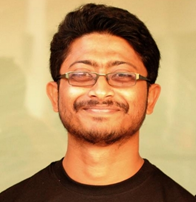
Dhiman Saha
Indian Institute of Technology
Bhilai, India
